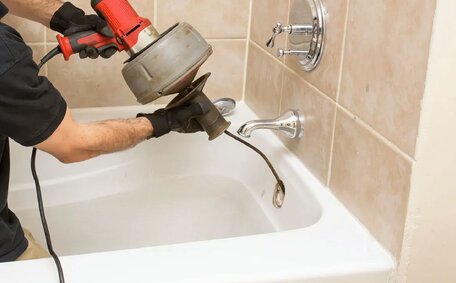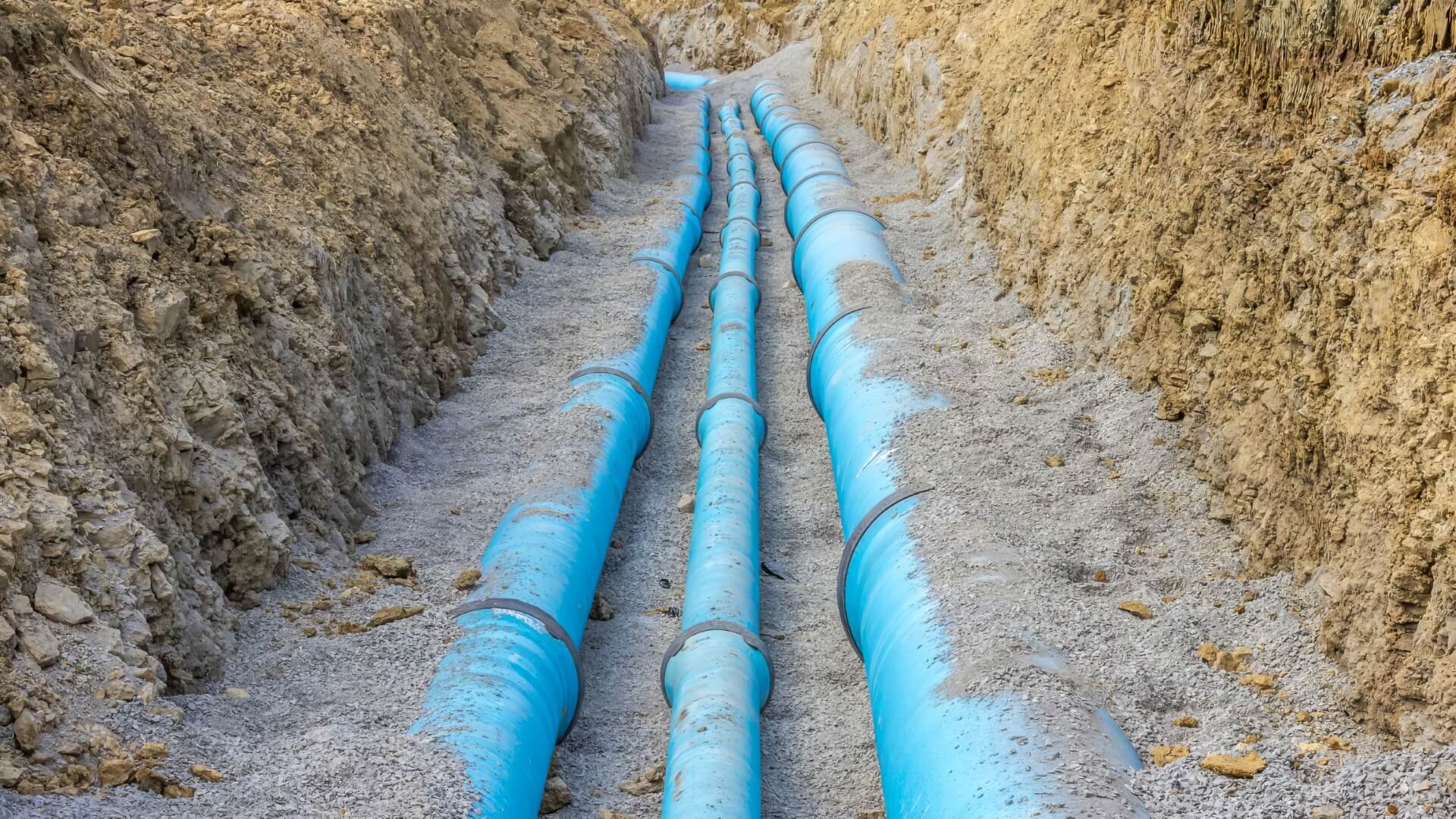Introduction to natural gas and its common uses
Liquefied petroleum gas (LPG), crucial for household energy, primarily consists of methane, analogous to the composition of natural gas. Understanding the correct handling practices is essential for promoting the safe use of natural gas, which is prevalent in households and industries across Australia.
- Cooking, ensuring warm water, and cosy homes with gas heating and efficient gas stoves
- Generating electricity with gas-fired power plants and turbines
- Fueling appliances like clothes dryers and pool heaters
Notably, natural gas, often considered lighter than air, can be hazardous in some cases where components can settle and become heavier than air, depending on the environmental conditions. With its high energy density and lower emissions relative to other fossil fuels, natural gas is considered a more environmentally friendly choice and is favoured for its role in mitigating climate change.
Nevertheless, ensuring the safe use of natural gas at home is crucial due to the persistent risks of leaks and indoor air contamination. This article explores health and safety considerations, including recognising a gas leak through the smell of rotten eggs, to guide you in maintaining safe gas practices at home.
Health and safety concerns related to natural gas
While using natural gas offers convenience as an energy source, leaks and combustion can create health and safety hazards if not properly addressed.
Utility companies add odorants such as mercaptans to the gas supply, which give off a distinct smell similar to rotten eggs at concentrations around 1 percent, aiding homeowners in leak detection.
Inhaling natural gas can lead to symptoms like fatigue, nausea, and coordination issues, underlining the health risks associated with natural gas poisoning. Gas leaks can cause the odourless, colourless, and tasteless natural gas to build up inside homes.
Combustion of natural gas can release hazardous air pollutants such as nitrogen dioxide and carbon monoxide, posing serious health concerns in indoor environments. Exposure to domestic natural gas can also lead to various detrimental health effects, underlining the importance of safety in natural gas use.
It is critical to promptly identify and address natural gas leaks or appliance malfunctions through visual inspections and odor detection, as highlighted in our instructional video. Learn how to shut off your gas supply to prevent leaks, recognise when to evacuate or when to contact emergency services if you detect the smell of gas.
Secure regular servicing of your gas appliance by a licensed gasfitter to prevent unburned natural gas from contributing to harmful emissions.
Adopting practical gas safety guidelines minimises risks, promotes awareness, and ensures the secure consumption of natural gas.
Hazardous compounds found in natural gas
Despite being one of the cleaner energy sources for domestic use, natural gas contains hazardous volatile organic compounds (VOCs), including:
- Benzene: Linked to blood disorders and leukaemia at high concentrations
- Toluene: Can affect the central nervous system
- Ethylbenzene and xylene: Associated with respiratory irritation
- Hexane: Progressive nerve damage is a risk
Research from reputable bodies like the Chan School of Public Health underscores the need to monitor elevated benzene levels from natural gas sources to meet strict health safety standards. Studies demonstrate that benzene exposure during activities like showering and heating with natural gas can surpass safe limits – at times more than threefold depending on seasonal factors.
Ensuring proper ventilation is crucial to manage how we maintain a domestic environment with clean gas and to dilute concentrations of noxious emissions within homes. Consider integrating smart home technology like automated bathroom and kitchen exhaust fans that duct outdoors. Open windows regularly, never obstruct air vents, and avoid idling cars in attached garages which can allow exhaust fumes to enter.
It is important to understand the hazardous compounds in natural gas to make informed choices about health and safety as responsible consumers.
Detecting natural gas leaks
Prompt detection of a natural gas leak is crucial for safety; this page provides guidance for such situations. This section guides you in identifying a leak, which includes natural gas treated with mercaptan for detectability. Other signs include:
The main sign is a strong "rotten egg" smell that may be heavier than the surrounding air, indicating a possible leak from appliances, pipes, or the ground.
- Hissing, whistling, or roaring sounds from appliances or your gas meter
- Dirt blowing from a hole or crack in the ground
- Unusually high gas bills
- A yellow gas flame instead of the expected blue flame when burning gas
- Dead plants or grass in otherwise green areas
If you suspect a leak, it is imperative to take the following actions:
- Leave immediately and get to fresh air
- Avoid using anything that may cause sparks - phones, electrical switches, vehicle ignition
- Call your utility provider’s emergency line to report, typically available 24/7
- Do not return until the leak is fixed and certified safe by professionals
Carry out regular safety inspections on your gas appliances and maintain carbon monoxide detectors as per manufacturer instructions, with biannual battery replacements. Check your home regularly by performing routine leak checks using your senses of smell and hearing around your meter, appliances, vents, and pipework.
Understanding how to respond when using any gas-powered appliances ensures that natural gas remains safe for everyday use.
What to do in case of a gas leak
On detecting signs of a natural gas leak, you may need to cut off the main gas supply as a precautionary measure:
- Evacuate immediately - Exit the premises without delay and ensure everyone reaches a safe outdoor space with fresh air.
- Avoid ignition sources - Refrain from using phones, manipulating electrical devices or appliances, smoking, or causing any sparks that might ignite the leaked gas.
- Turn off main gas supply (if required) - Locate the main gas valve next to the metre, and with care, turn it clockwise a quarter turn to cut off or off gas your property. Ensure you know the precise location of your shutoff valve in your house before you need to turn it off.
- Call emergency services on 000 - Alert fire brigades to the leak who can ventilate premises and shut off supply.
- Contact your gas provider - Report the leak to your gas company’s 24 hour emergency line. Do not re-enter property until the leak is certified safe by licenced technicians.
- Contact a plumber - Reach out to Penshurst Plumbing for fast leak response and repair at 1300 349 338; we are available 24/7 to handle emergencies.
Evacuation, avoiding ignition sources, shutting off the main gas valve, and alerting emergency services are quick actions that facilitate the effective management of natural gas leaks and ensure safety.
Maintaining safe indoor air quality
Natural gas combustion and leaks, as well as issues within the gas distribution system, contribute to air pollution, degrading indoor air quality by releasing pollutants which may exceed safe levels in inadequately ventilated homes.
Key steps to maintain safe indoor air quality with gas use include:
- Reduce your risk - ensure adequate ventilation by installing bathroom/kitchen exhaust fans ducting outdoors and open windows regularly.
- Service gas appliances annually - Employ a professional gas fitter to adjust burners and check for issues causing incomplete combustion releasing carbon monoxide and nitrogen oxides.
- Monitor air quality - Install carbon monoxide detectors according to manufacturer guidelines.
- Limit exposure duration - Use stove/oven exhaust features, close kitchen doors, and switch to electric heating alternatives where possible.
By being vigilant about ventilation, servicing, monitoring, and limiting emission exposure time, households can continue employing gas, advancing natural gas safe and protecting public health.
If you have questions or still smell something unusual around maintaining safe indoor air quality or servicing gas appliances, Penshurst Plumbing’s licenced technicians are ready to help. Contact us on 1300 349 338.
Regular maintenance of gas appliances
Routine maintenance is vital for operating gas appliances safely and efficiently in the home.
Qualified technicians should conduct annual servicing to pinpoint issues, including elevated carbon monoxide emissions:
- Blocked burners or faulty ignition leading to incomplete combustion releasing carbon monoxide
- Gas leaks from worn seals, pipes or fittings
- Improperly adjusted pilot lights, often a subtle indication of gas appliance malfunctions, resulting in inefficient gas usage
- Excessive carbon monoxide emissions that have been produced put indoor air quality at risk
Technicians will remedy gas faults, calibrate combustion systems, verify adequate ventilation, evaluate safety controls, and ensure that gas combustion adheres to flue performance standards.
Between professional checks, households should regularly inspect appliances for the smell of gas or any unusual operating sounds. Know where your isolation valve is located in case immediate shut off is required.
As a member of the esteemed Gas Association, Penshurst Plumbing offers reliable maintenance and repairs for stoves, ovens, heaters, and hot water systems. Contact our team on 1300 349 338 for competitive rates.
Staying vigilant with servicing enables households to keep enjoying convenient natural gas safely.
When to call a professional
You should consult licensed professionals for gas-related issues, such as:
- A persistent natural gas smell even after evacuation, shutting off supply valves, and ventilating the area
- Faulty gas appliances exhibiting incomplete combustion or odd sounds and smells could signal a carbon monoxide poisoning risk.
- Carbon monoxide detector alarms indicating dangerous exposure levels
Our team at Penshurst Plumbing has extensive training and is ready to assist if you still smell gas even after taking preliminary safety steps. Immediately contact us if you encounter any of the situations mentioned or have questions regarding natural gas safety.
You can reach our friendly staff 24/7 on 1300 349 338 for emergency leak response, repairs, installation, maintenance, and inspection of gas infrastructure and appliances. We serve the greater Penshurst area and will despatch licenced technicians promptly to ensure your safety.
Choosing qualified professionals like Penshurst Plumbing gives households peace of mind knowing their gas systems meet strict safety codes. Don’t hesitate to call us if you notice a persistent gas smell or have concerns about the operation of your gas appliances.






